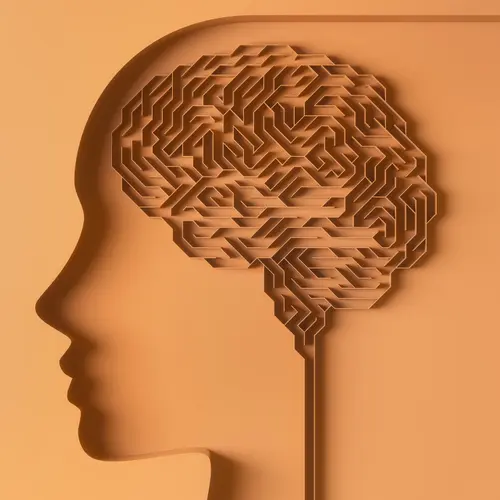What Is Anosognosia?
It's well known that many people with a serious mental illness, like bipolar disorder or schizophrenia, don't take their prescribed medication. One major reason for this behavior is anosognosia, a word of Greek origin that roughly translates to "without knowledge of disease." You may also hear it called "lack of insight." What it boils down to is that the person is unaware of their condition and unable to accept it.
Someone with anosognosia isn't simply in denial or being stubborn. Their brain can't process the fact that their thoughts and moods don’t reflect reality.
Who's at Risk
Anosognosia is common in people with a serious mental illness. Doctors think about 40% of people with bipolar disorder and 50% of those with schizophrenia have it. Some psychiatrists believe the numbers are even higher. They estimate that anywhere from 57% to 98% of people with schizophrenia have it.
Many people with neurological disorders have this condition. It isn’t unusual for someone with Alzheimer's to get it. Stroke patients often do, too.
What Causes It?
Experts think anosognosia results from damage to an area of the brain involved in self-reflection.
Everyone, regardless of their health status, is constantly updating their mental image of themselves. Whenever you gain new information about yourself – say, after you get a haircut or ace a presentation – it factors into how you think about yourself. It's an ongoing, complex process. In order for it to go smoothly, your brain’s frontal lobe has to take in the new info, organize it, use it to edit your self-image, and remember that latest version.
When your brain’s frontal lobe is damaged, which happens often with illnesses like schizophrenia and bipolar disorder, you can no longer properly update your self-image.
Anosognosia isn't always all-or-nothing. Some people partially lose the ability to see themselves clearly, or it can come and go. That can confuse friends and loved ones. It’s hard to understand why someone seems to fully understand their diagnosis one moment, then claim they're perfectly healthy the next, even though objective evidence shows they aren’t.
Anosognosia Test
To diagnose whether someone has anosognosia, a doctor will do tests to learn more about their brain and medical history.
Some tests will look for physical signs of injury to the brain, including:
- Computerized tomography (CT) scan
- Electroencephalogram (EEG)
- Magnetic resonance imaging (MRI)
Some health care providers also test for the condition by interviewing people showing symptoms of anosognosia and then noting their responses on a spectrum called the Scale to Assess Unawareness of Mental Disorder (SUMD). This scale can help a doctor know how severe someone's anosognosia is. It was designed for people with schizophrenia, but this scale is used for people with other conditions as well.
Why Anosognosia Matters
When someone with a serious mental illness insists they aren't sick (or aren’t as sick as others say they are), a dangerous situation could result. Someone with anosognosia is unlikely to take their medication. Why would you take a drug (especially one that might have unpleasant side effects) if you don't think there's anything wrong with you?
When this person stops taking medication, their symptoms will usually come back or get worse. Depending on their condition, they might start hearing voices, act recklessly, or become suicidal. They're also more likely to end up unhoused or get arrested.
Treatment for Anosognosia
Anosognosia isn't easy to treat. If you can persuade someone who has it to keep taking or restart their medication, then it might get better. About one-third of people with schizophrenia who take their medication have improvements in insight into their condition.
A therapist can also try an approach called motivational enhancement therapy (MET). This type of talk therapy is designed to help someone understand the benefits of changing their behavior.
If a loved one has anosognosia, sometimes it’s best not to try to convince them that they're ill. Instead, talk about their goals, such as keeping a job or living on their own. This might encourage them to meet with a mental health professional, even if they don't think they need it for their health and well-being.
Someone with anosognosia can be at risk of harming themselves or others. If this is the case, a family member or mental health professional may have to take legal action. Laws vary by state, but you might have to admit someone with a serious mental illness to the hospital against their will.
Takeaways
Often, a person may have anosognosia along with another medical or mental health condition, like schizophrenia or dementia. The condition isn't curable and it's difficult to treat, but therapy may help. If someone with anosognosia stops taking medications they need to manage other condition, they may put themselves at risk of other complications.
Anosognosia FAQs
What is the difference between anosognosia and denial?
Someone with anosognosia can't process that they have a medical condition that they need treatment for. Being in denial may mean you aren't ready to face a diagnosis, but having anosognosia means you aren't even aware that you have one.
What is an example of anosognosia?
It's rare, but some blind people have a form of anosognosia called Anton’s syndrome. This condition causes people to be unable to recognize that they're blind.

